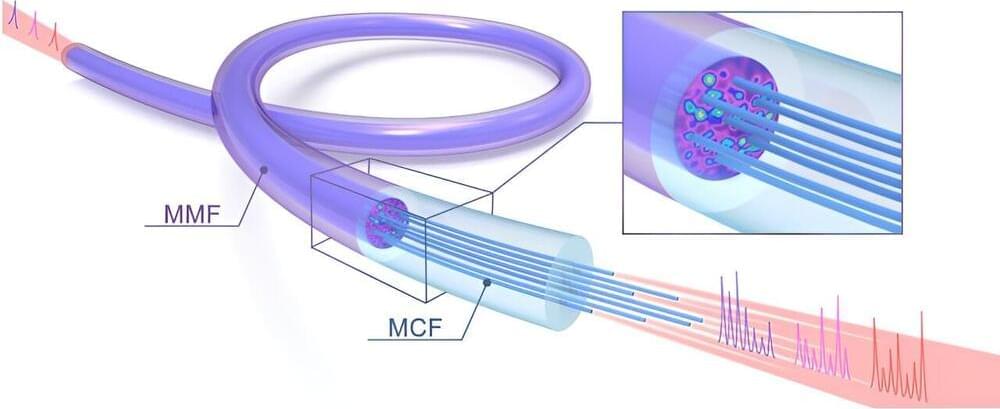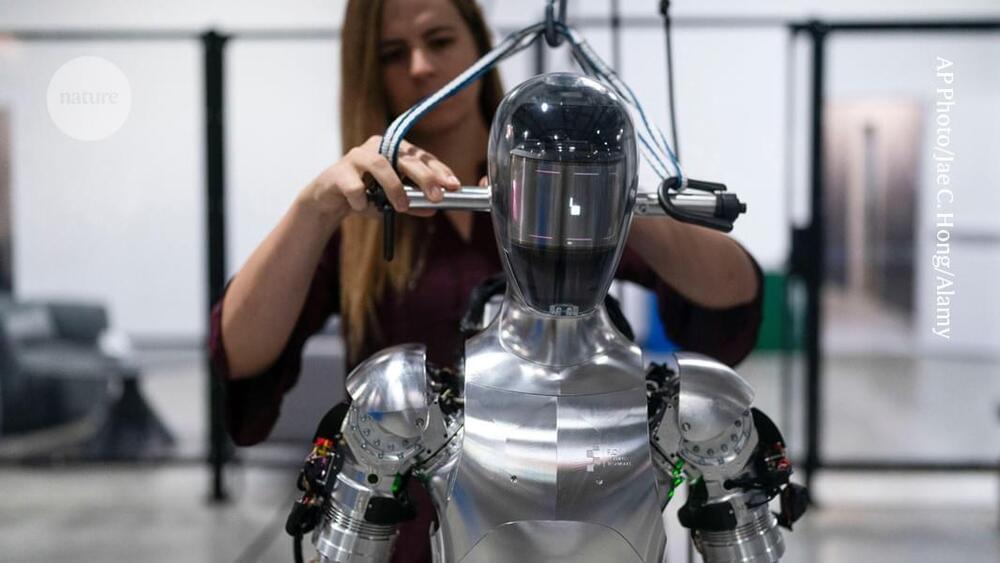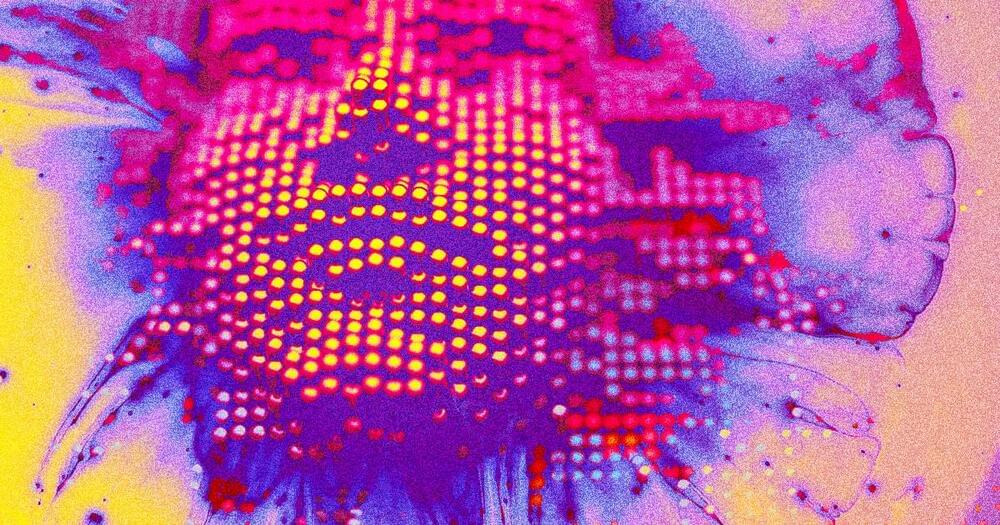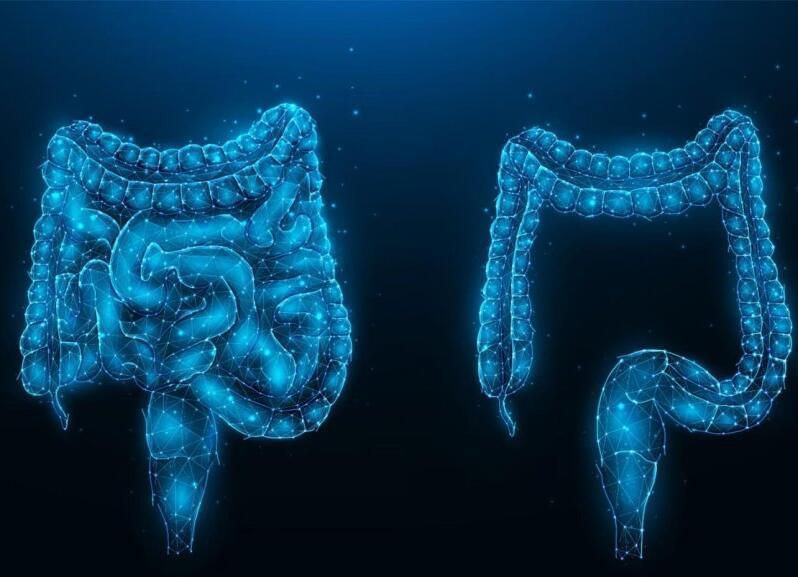
With advances in genomics research, personalized medicine, and sequencing-based technologies, there is a necessity for purification of high-quality genomic DNA from large volumes of blood. The rapidly growing landscape of biorepositories that store large amounts of DNA from an enormous number of biospecimens further fuels this need to find optimized solutions for reliable purification of DNA. The information derived from the purified DNA is crucial to health science research and facilitates drug discovery, biomarker discovery, clinical implementation projects, etc. For the success of these analyses and to derive relevant information, DNA extraction is the most critical step and must meet the criteria of extraction speed, yield and quality, as well as reproducibility. Many nucleic acid purification kits and automation workflows for processing blood samples in the volume range of 100–250 μL exist, but not many convenient, automated options exist for volumes as high as 2 mL without sample splitting. To fill this opening, Omega Bio-tek has developed a semi-automated solution on the MagBinder® Fit24 to extract DNA from large volumes of fresh or frozen blood. Here, we provide background information on biobanks, as well as present the solution Omega Bio-tek has developed for DNA extraction from large volumes of whole blood.
A biobank is a specialized repository that systematically collects, processes, stores, and manages biological samples for use in medical research and treatments. The primary purpose of a biobank is to provide a centralized and organized resource of high-quality biological materials, such as blood or tissue, along with relevant clinical and demographic data1. These invaluable assets are at the center of advancements in cancer treatments, biomarker discovery, and understanding genetic factors for disease. At a high level, biobanks can be classified by two categories1:


















